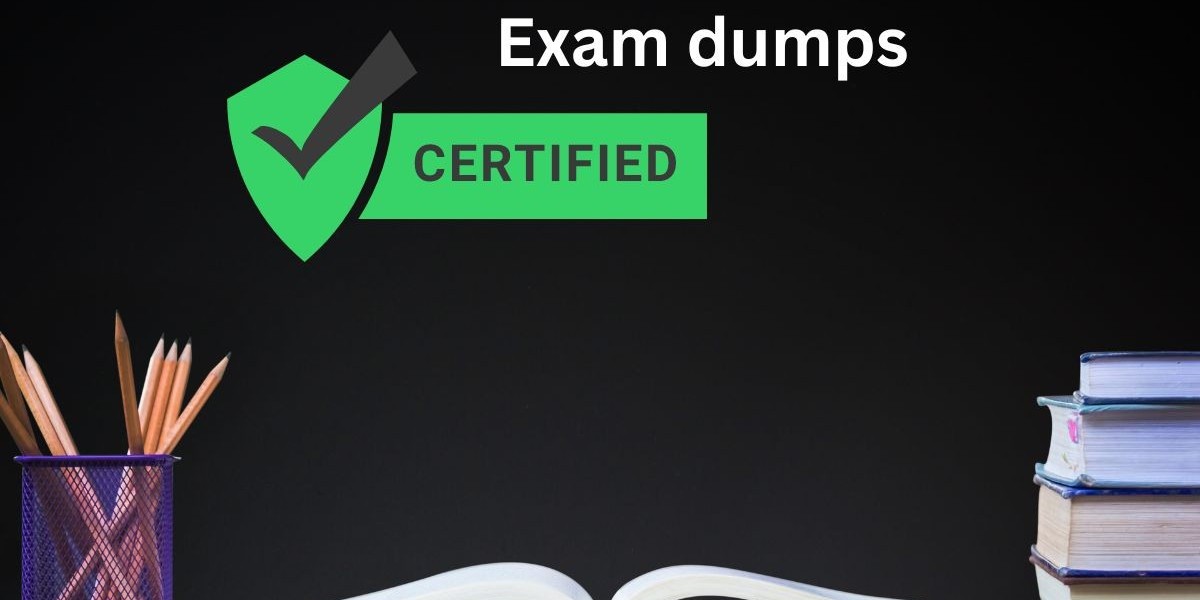Choosing the right Uniform Supplier is a crucial decision for businesses, educational institutions, healthcare facilities, and many other organizations. Uniforms play a significant role in promoting a cohesive image, enhancing brand identity, and ensuring employees' comfort and safety. This comprehensive guide will walk you through the essential factors to consider when selecting a Uniform Supplier , ensuring you make an informed decision that meets your organization’s needs.
Understanding the Importance of a Reliable Uniform Supplier
Uniforms are more than just clothing. They represent your organization’s brand, values, and professionalism. A reliable Uniform Supplier can provide high-quality uniforms that are durable, comfortable, and stylish, enhancing your organization's image and boosting employee morale.
Enhancing Brand Identity
Uniforms serve as a visual representation of your brand. They help create a unified look, making your employees easily recognizable to customers. A consistent and professional appearance can significantly impact your brand's perception, instilling trust and confidence in your clientele.
Ensuring Employee Comfort and Safety
Comfortable uniforms can enhance employee productivity and job satisfaction. The right Uniform Supplier will offer uniforms made from high-quality materials that are breathable, durable, and suitable for your specific industry needs. Additionally, for sectors like healthcare and construction, safety is paramount. A good supplier will provide uniforms that meet safety standards and regulations.
Streamlining Operations
Working with a dependable Uniform Supplier can streamline your operations. They can offer services such as inventory management, customization, and timely delivery, ensuring your employees always have access to the uniforms they need.
Key Factors to Consider When Choosing a Uniform Supplier
Selecting the right Uniform Supplier requires careful consideration of various factors. Here are the essential aspects to evaluate:
Quality of Materials
The quality of the materials used in uniforms is critical. High-quality fabrics ensure durability, comfort, and ease of maintenance. Look for suppliers who offer materials that are suitable for your industry, whether it’s breathable fabrics for hospitality uniforms or flame-resistant materials for industrial uniforms.
Customization Options
Every organization has unique branding and functional requirements. A good Uniform Supplier should offer customization options, including logo embroidery, color choices, and specific design elements. Customization ensures that the uniforms align with your brand identity and meet the specific needs of your employees.
Range of Products
A diverse product range indicates a supplier's ability to cater to different industries and requirements. Whether you need formal corporate attire, casual workwear, or specialized uniforms, the supplier should offer a wide variety of options to choose from.
Reliability and Reputation
Research the supplier's reputation in the market. Look for reviews, testimonials, and case studies to gauge their reliability and quality of service. A reputable Uniform Supplier will have a track record of delivering high-quality products and excellent customer service.
Cost and Value
While cost is an important factor, it should not be the sole determinant. Consider the overall value the supplier offers. This includes the quality of the uniforms, customization options, and additional services like inventory management and timely delivery. A supplier who provides good value will ensure that you get the best return on your investment.
Customer Service
Exceptional customer service is essential for a smooth and hassle-free experience. A supplier with responsive and helpful customer service can assist you with orders, customization, and any issues that may arise. Evaluate their communication channels, responsiveness, and willingness to accommodate your needs.
Sustainability Practices
In today’s environmentally conscious world, sustainability is a significant consideration. Opt for suppliers who prioritize eco-friendly practices, such as using sustainable materials, reducing waste, and ensuring ethical production processes. Supporting a sustainable Uniform Supplier aligns your organization with positive environmental practices.
Technological Capabilities
Modern Uniform Supplier leverage technology to enhance their services. Look for suppliers who offer online ordering systems, inventory management tools, and customization platforms. Technological capabilities can simplify the ordering process, track inventory, and ensure timely deliveries.
Evaluating Uniform Supplier Capabilities
To ensure that you choose the best Uniform Supplier, it’s important to evaluate their capabilities thoroughly. Here are some specific areas to focus on:
Production Capacity
Assess the supplier's production capacity to ensure they can meet your demands. This is particularly important for large organizations or those with specific uniform requirements. A supplier with a robust production capacity can handle bulk orders and deliver within the agreed timeframe.
Design Expertise
Design expertise is crucial for creating uniforms that are not only functional but also visually appealing. The supplier should have a skilled design team that can bring your vision to life, incorporating your brand elements seamlessly into the uniform design.
Quality Control Processes
Reliable quality control processes ensure that the uniforms meet high standards of quality and consistency. Inquire about the supplier’s quality control measures, including fabric testing, stitching quality, and final product inspection. A supplier with stringent quality control processes will deliver uniforms that meet your expectations.
Supply Chain Management
Efficient supply chain management is essential for timely delivery and inventory management. A supplier with a well-managed supply chain can handle logistics smoothly, ensuring that you receive your uniforms on time and in the right quantities.
Compliance with Industry Standards
Different industries have specific standards and regulations for uniforms. Ensure that the supplier complies with these standards, whether it’s for safety, hygiene, or professional appearance. Compliance with industry standards guarantees that the uniforms are suitable for your specific needs.
Making the Final Decision
After evaluating potential Uniform Supplier based on the factors mentioned above, it’s time to make the final decision. Here are some steps to help you choose the best supplier:
Request Samples
Before placing a bulk order, request samples of the uniforms. This allows you to assess the quality, fit, and comfort of the uniforms firsthand. Pay attention to the fabric quality, stitching, and overall finish. Samples provide a clear idea of what to expect in the final product.
Evaluate Customer Support
Test the supplier’s customer support by reaching out with inquiries or requests. Evaluate their responsiveness, helpfulness, and willingness to accommodate your needs. Good customer support is indicative of a supplier’s commitment to customer satisfaction.
Compare Proposals
If you have multiple potential suppliers, compare their proposals based on cost, quality, customization options, and additional services. A side-by-side comparison can help you identify the supplier that offers the best value for your organization.
Check References
Ask the supplier for references from previous clients. Contact these references to get insights into their experiences with the supplier. This can provide valuable information about the supplier’s reliability, quality of service, and overall performance.
Sign a Clear Contract
Once you’ve chosen a Uniform Supplier, ensure that all terms and conditions are clearly outlined in a contract. The contract should cover aspects like pricing, delivery timelines, quality standards, customization details, and any other relevant terms. A clear contract protects both parties and ensures a smooth working relationship.
Maintaining a Successful Partnership
Choosing the right Uniform Supplier is just the beginning. Maintaining a successful partnership requires ongoing communication and collaboration. Here are some tips to ensure a productive and long-lasting relationship:
Regular Feedback
Provide regular feedback to the supplier regarding the quality, fit, and performance of the uniforms. Constructive feedback helps the supplier understand your needs better and make necessary improvements.
Monitor Inventory
Keep track of your uniform inventory to ensure you have sufficient stock. Communicate with the supplier regarding your inventory levels and reorder when necessary. Effective inventory management prevents shortages and ensures that your employees always have access to the uniforms they need.
Stay Updated on Industry Trends
Stay informed about the latest trends and innovations in uniform design and materials. Discuss these trends with your supplier to explore new options and enhancements for your uniforms. Staying updated ensures that your uniforms remain modern and relevant.
Foster Open Communication
Maintain open lines of communication with your supplier. Regularly discuss any issues, changes in requirements, or upcoming projects. Open communication fosters a strong partnership and ensures that both parties are aligned in their goals.
Evaluate Performance
Periodically evaluate the supplier’s performance based on quality, delivery timelines, and customer service. Share your evaluation with the supplier and discuss any areas for improvement. Continuous performance evaluation ensures that the supplier consistently meets your expectations.
Conclusion
Choosing the best Uniform Supplier is a critical decision that impacts your organization’s image, employee comfort, and operational efficiency. By considering factors such as material quality, customization options, reliability, and customer service, you can make an informed choice. Evaluate potential suppliers thoroughly, request samples, and maintain open communication to establish a successful and long-lasting partnership. With the right Uniform Supplier, you can ensure that your organization’s uniforms reflect your brand values and provide the comfort and functionality your employees need.








